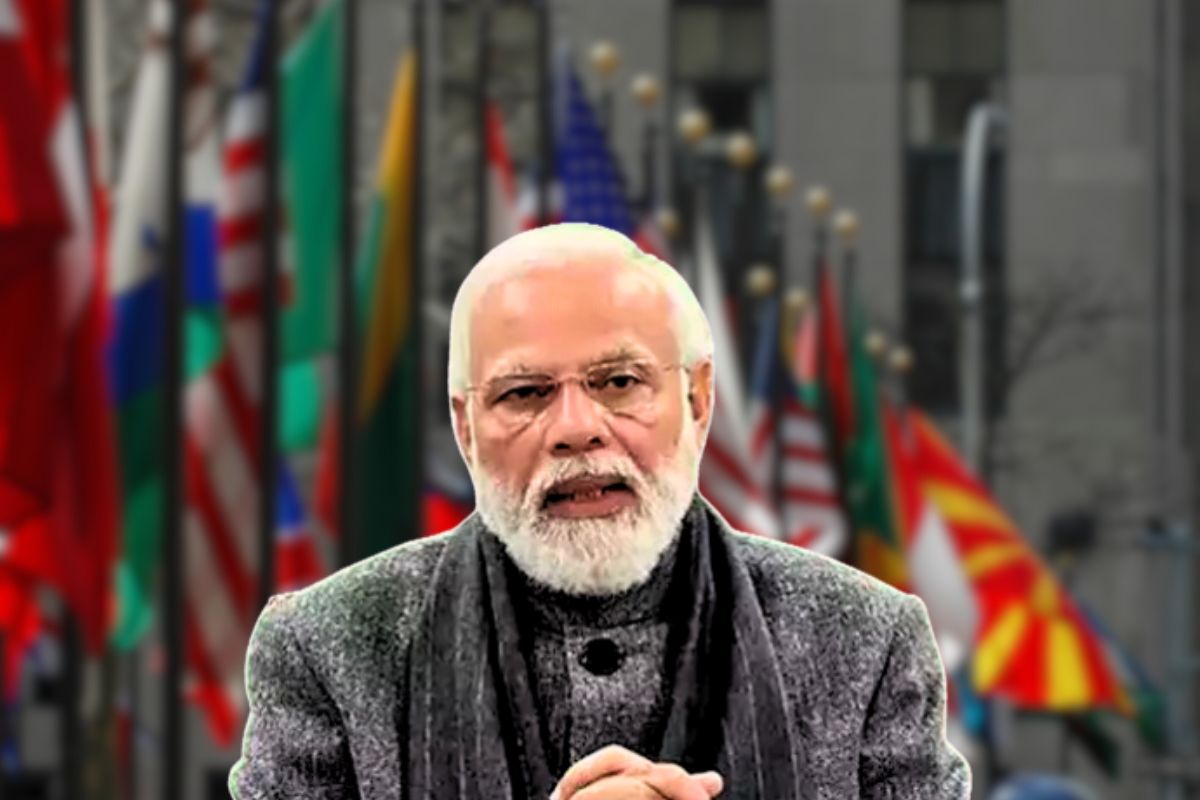


Since the Russia-Ukraine war, External Affairs Minister S. Jaishankar has demonstrated robust independence in both word and action. The concept of the “Great Game” has historical roots, originating in the mid-1800s during the intense rivalry between the Russian Empire and the combined might of the British, French, and Ottoman Empires over control of Central Asia. Let’s delve into the key aspects of this new Great Game and India’s role in it.
Table of Contents
ToggleThe original Great Game unfolded as follows:
Fast-forward to the present, and we find a new Great Game unfolding with different actors, motives, and potential outcomes:
Also Read – The Silence of the International Community Amidst PoK’s Escalating Violence
India must assert its strategic autonomy by making decisions based on its national interests rather than aligning rigidly with any major power bloc. This approach allows India to navigate the complex global landscape while safeguarding its sovereignty.
India should maintain a delicate balance between its relations with Russia and the US. While Russia remains an important partner, especially in defense and energy, India’s growing ties with the US provide access to technology, markets, and security cooperation.
India must leverage its economic strength to enhance its influence. Engaging in economic diplomacy, promoting trade, and investing in infrastructure projects can help India secure its interests in Central Asia and beyond.
India should actively participate in regional forums and organizations. Initiatives like the International North-South Transport Corridor (INSTC) can strengthen connectivity and trade links with Central Asia, bypassing Pakistan.
Diversifying energy sources and securing access to critical resources are essential. India must explore partnerships for energy security, including cooperation with Iran and Central Asian countries.
As the new Great Game unfolds, India’s proactive foreign policy choices will shape its role in this geopolitical arena. Shedding inhibitions and embracing strategic pragmatism will allow India to play a decisive role in the evolving global order

